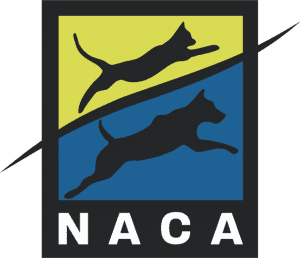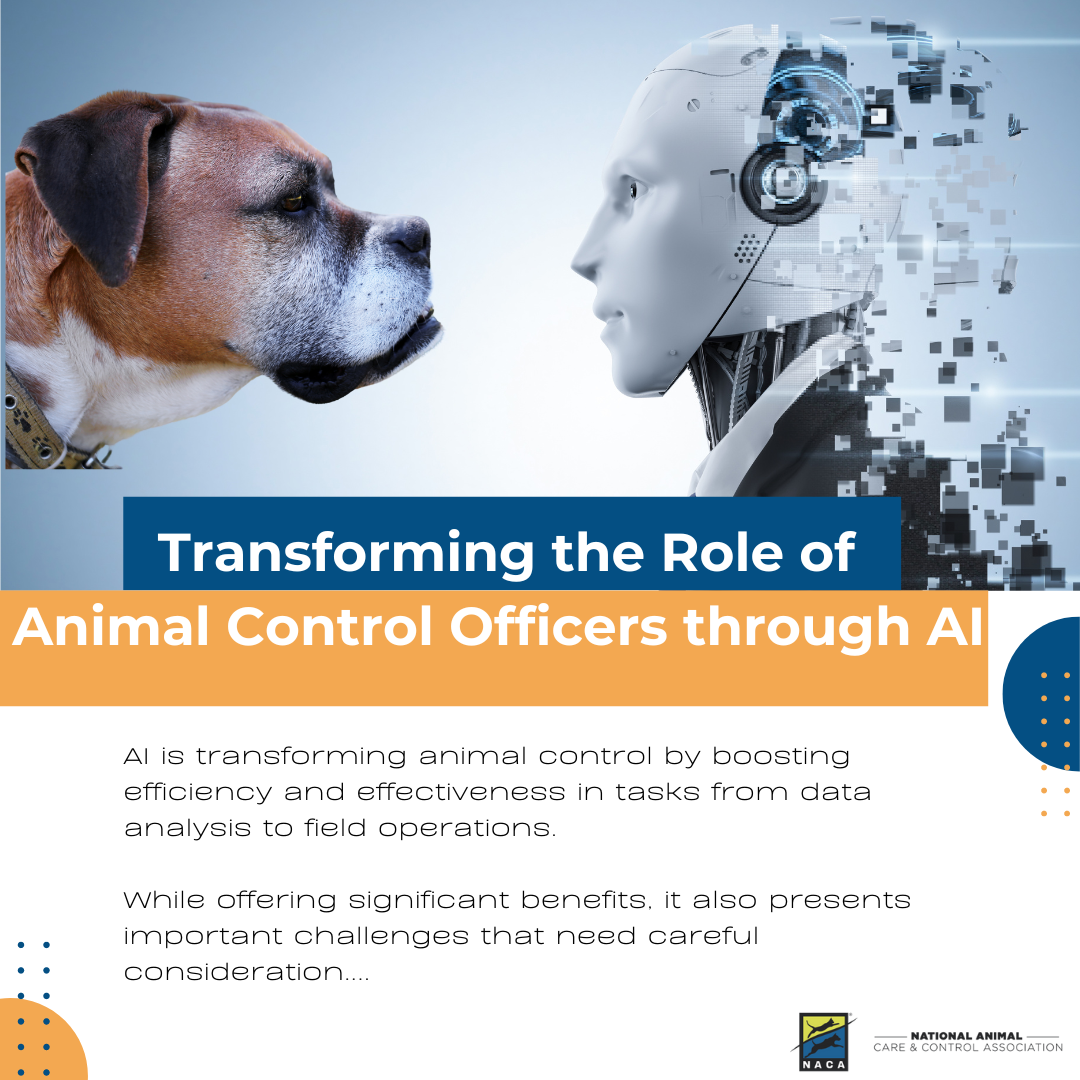Transforming the Role of Animal Control Officers through AI
In recent years, Artificial Intelligence (AI) has revolutionized many fields, and animal control is no exception. Integrating AI into the daily tasks of animal control officers can significantly enhance their efficiency, accuracy, and overall impact. From data analysis to on-ground operations, AI offers a plethora of applications that can make the challenging job of animal control more manageable and effective. However, these opportunities come with important considerations and challenges.
AI can elevate data analysis and reporting to new heights. AI can quickly process and analyze large datasets, identifying patterns and trends that inform strategic decision-making. This includes tracking incidents of animal cruelty, neglect, and other relevant activities. Predictive analytics can forecast areas with higher probabilities of animal control issues, allowing for proactive measures rather than reactive responses.
Additionally, AI can optimize resource deployment, ensuring that animal control officers are sent to areas where they are most needed. This reduces response times and improves the overall efficiency of operations. Predictive maintenance of equipment and vehicles using AI can keep tools in optimal working condition, reducing downtime and ensuring readiness.
Integrating AI into common animal control practices, such as animal identification and tracking, can help swiftly reunite owners with pets, track the movements of at-large animals, and support existing tools like Petco Love Lost’s facial recognition software.
AI also has immense possibilities for enhancing public outreach and education. AI chatbots and virtual assistants can provide 24/7 support to the public, answering common questions about animal control policies, procedures, and services. AI-driven social media monitoring can help track and respond to public sentiment and feedback, allowing for better community engagement and education efforts.
However, along with these benefits come challenges and considerations. AI systems can unintentionally perpetuate biases present in the data they are trained on. It is vital to use diverse and representative datasets to ensure fair and unbiased outcomes. Regular audits and adjustments of AI systems can help mitigate bias and ensure ethical use.
Data privacy and security are also critical concerns. Handling sensitive data requires stringent privacy and security measures. Animal control officers must adhere to regulations and best practices to protect data from breaches and misuse. Ensuring transparency in how data is collected, stored, and used can help build public trust.
The reliability of AI systems is crucial, especially in high-stakes situations. Ensuring that AI tools are accurate and validated against real-world scenarios is essential. Regular updates and maintenance of AI systems can help maintain their accuracy and effectiveness.
Proper training is necessary to ensure that animal control officers can effectively use AI tools. This includes understanding the capabilities and limitations of technology. Encouraging a culture of continuous learning and adaptation can help in the seamless integration of AI into daily operations.
AI holds immense potential to transform the role of animal control officers, making their work more efficient, informed, and impactful. By leveraging AI for data analysis, animal identification, surveillance, resource allocation, and public outreach, officers can better protect and manage animal populations. However, it is crucial to address the ethical, privacy, accuracy, and training challenges associated with AI to ensure its responsible and effective use. As AI continues to evolve, its integration into animal control promises to enhance the capabilities and outcomes of officers dedicated to the welfare of animals.





